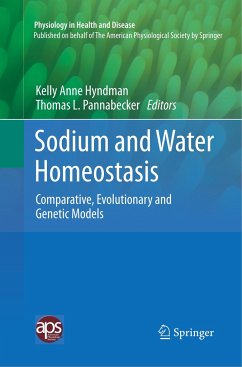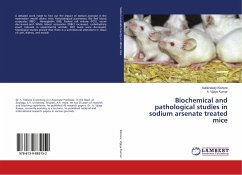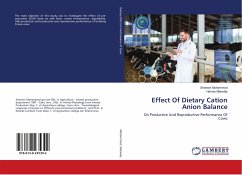This book presents cutting edge methods that provide insights into the pathways by which salt and water traverse cell membranes and flow in an orchestrated fashion amongst the many compartments of the body. It focuses on a number of molecular, cellular and whole animal studies that involve multiple physiological systems and shows how the internal milieu is regulated by multifactorial gene regulation, molecular signaling, and cell and organ architecture.
Topics covered include: water channels, the urinary concentrating mechanism, angiotensin, the endothelin system, miRNAs and MicroRNA in osmoregulation, desert-adapted mammals, the giraffe kidney, mosquito Malpighian tubules, and circadian rhythms. The book highlights how different approaches to explaining the same physiological processes greatly increase our understanding of these fundamental processes. Greater integration of comparative, evolutionary and genetic animal models in basic science and medical science will improve our overall grasp of the mechanisms of sodium and water balance.
Topics covered include: water channels, the urinary concentrating mechanism, angiotensin, the endothelin system, miRNAs and MicroRNA in osmoregulation, desert-adapted mammals, the giraffe kidney, mosquito Malpighian tubules, and circadian rhythms. The book highlights how different approaches to explaining the same physiological processes greatly increase our understanding of these fundamental processes. Greater integration of comparative, evolutionary and genetic animal models in basic science and medical science will improve our overall grasp of the mechanisms of sodium and water balance.








